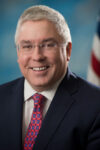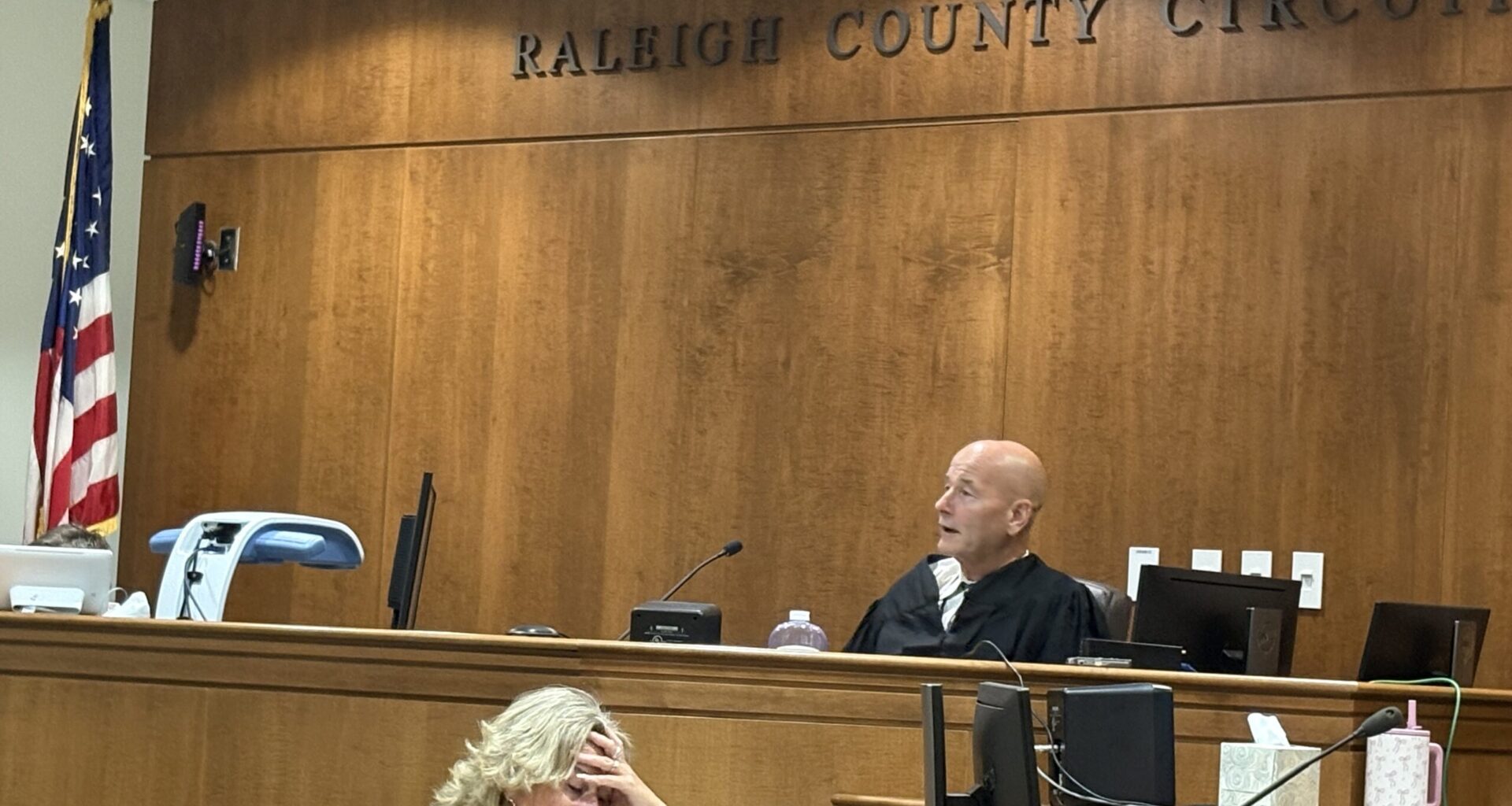A Raleigh County circuit judge entered a final order today in a case with statewide implications about religious exemptions to West Virginia’s school vaccination requirements, with the state school board saying just a few hours later that it would abide by the ruling until an appeals review.
 Michael Froble
Michael Froble
In a 74-page Thanksgiving week order, Circuit Judge Michael Froble granted permanent injunctive and declaratory relief to families who want the public school system to accept religious exemptions processed by the state health department.
Attorneys for the state and local school boards signaled weeks ago that they would appeal the local judge’s rulings to the state Supreme Court.
The judge’s ruling will affect communities across the state because Froble certified a class action for more than 570 families who have sought and received religious exemptions to school vaccination laws. The certification also affects families who might seek such exemptions in the future.
The case before Froble, who is in his first year on the bench, at first involved a couple of Raleigh County families wanting to send their children to local schools on vaccination exemptions.
West Virginia’s compulsory vaccination law means students entering school for the first time must show proof of immunization against diphtheria, pertussis, tetanus, polio, measles, mumps, rubella, varicella, and hepatitis B unless properly medically exempted.
Gov. Patrick Morrisey issued an executive order earlier this year linking the Equal Protection for Religion Act with the vaccine law, which has no explicit religious exceptions.
The religious protections law gives citizens the right to sue if they believe their deeply held beliefs are being suppressed. But the law includes additional factors to weigh, including whether a compelling state interest exists to uphold a policy under the least restrictive means.
The Morrisey administration directed families to apply for exemptions through the state health department, but West Virginia school systems have not accepted them.
 Gov. Patrick Morrisey
Gov. Patrick Morrisey
“Today’s ruling is a win for every family forced from school over their faith,” Morrisey said today. “I will always take a stand for religious liberty and for the children of this state. I applaud the court for upholding West Virginia’s Equal Protection for Religion Act.”
Froble’s order permanently enjoined the the West Virginia Board of Education and the local school board from enforcing the compulsory vaccine law or related policies against the plaintiffs and members of the class.
Specifically, he said the school authorities should not prevent the children from enrolling in school, attending school, or participating in extracurricular sports because of their vaccination status.
With the ruling, the state Board of Education issued a statement saying it “suspends the policy on compulsory vaccination requirements as outlined in W. Va. Code 16-3-4, pending further proceedings on the issue before the West Virginia Supreme Court of Appeals.”
Froble found that the school system’s blanket denial policy substantially burdened the families’ religious exercise by forcing them to choose between vaccination and public education, which is a fundamental constitutional right in West Virginia.
The judge acknowledged the state’s general compelling interest in protecting public health, but determined that denying the number of families currently applying for religious exemptions was not “essential.”
He concluded the state failed to demonstrate that granting the 570 religious exemptions — which represent about 0.2% of the public school student population — would significantly undermine public health or jeopardize herd immunity.
And the judge noted that 45 other states, including surrounding states, offer religious exemptions and manage outbreaks through alternative strategies such as quarantining unvaccinated children during an outbreak.
Froble concluded that families of unvaccinated children across the state would suffer irreparable harm without the injunction because of the loss of educational opportunities and the denial of religious freedom.

